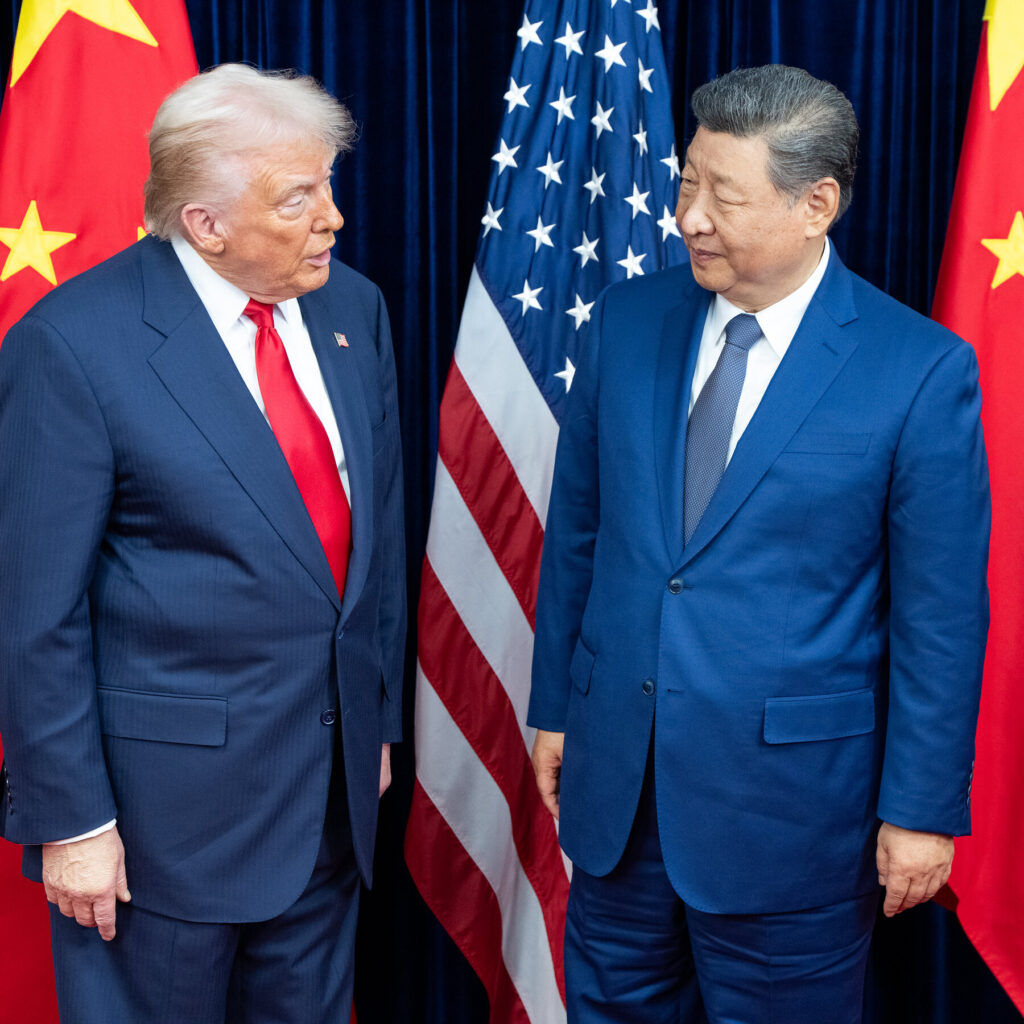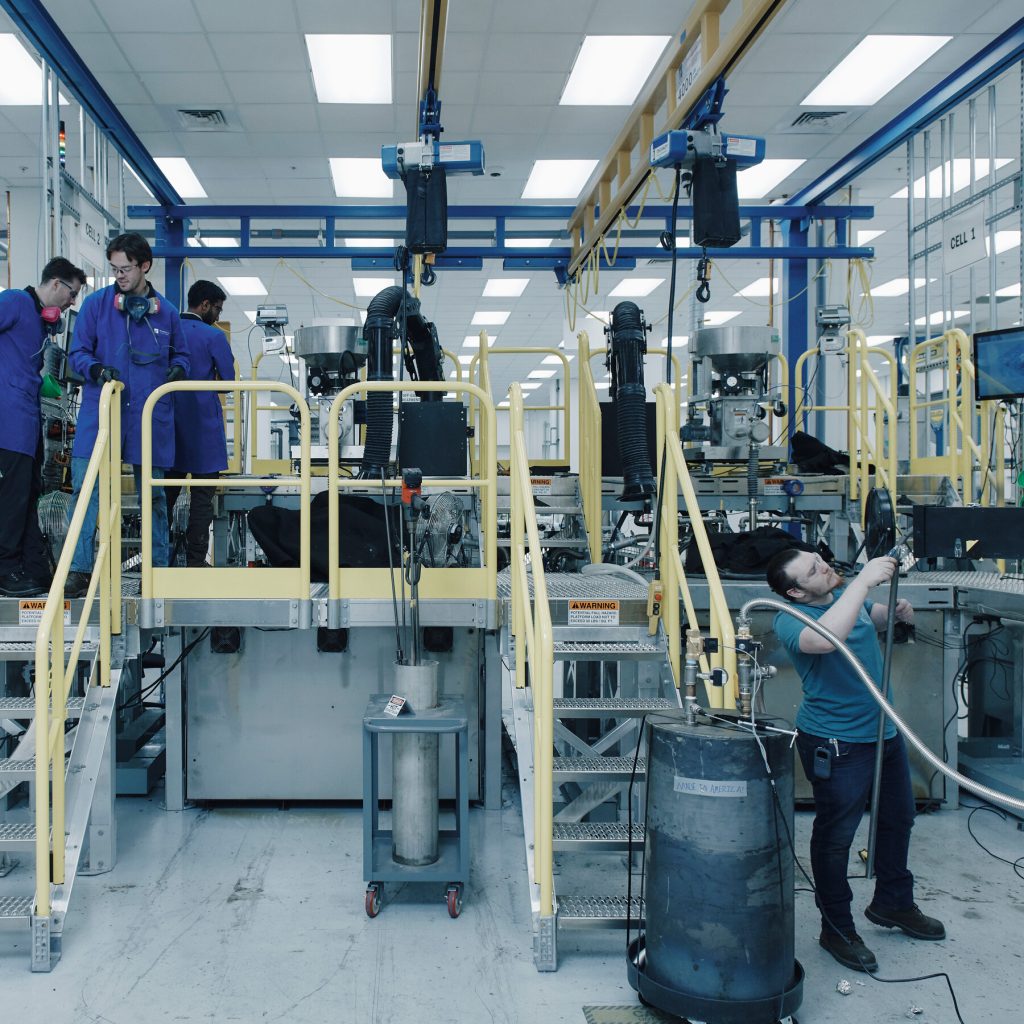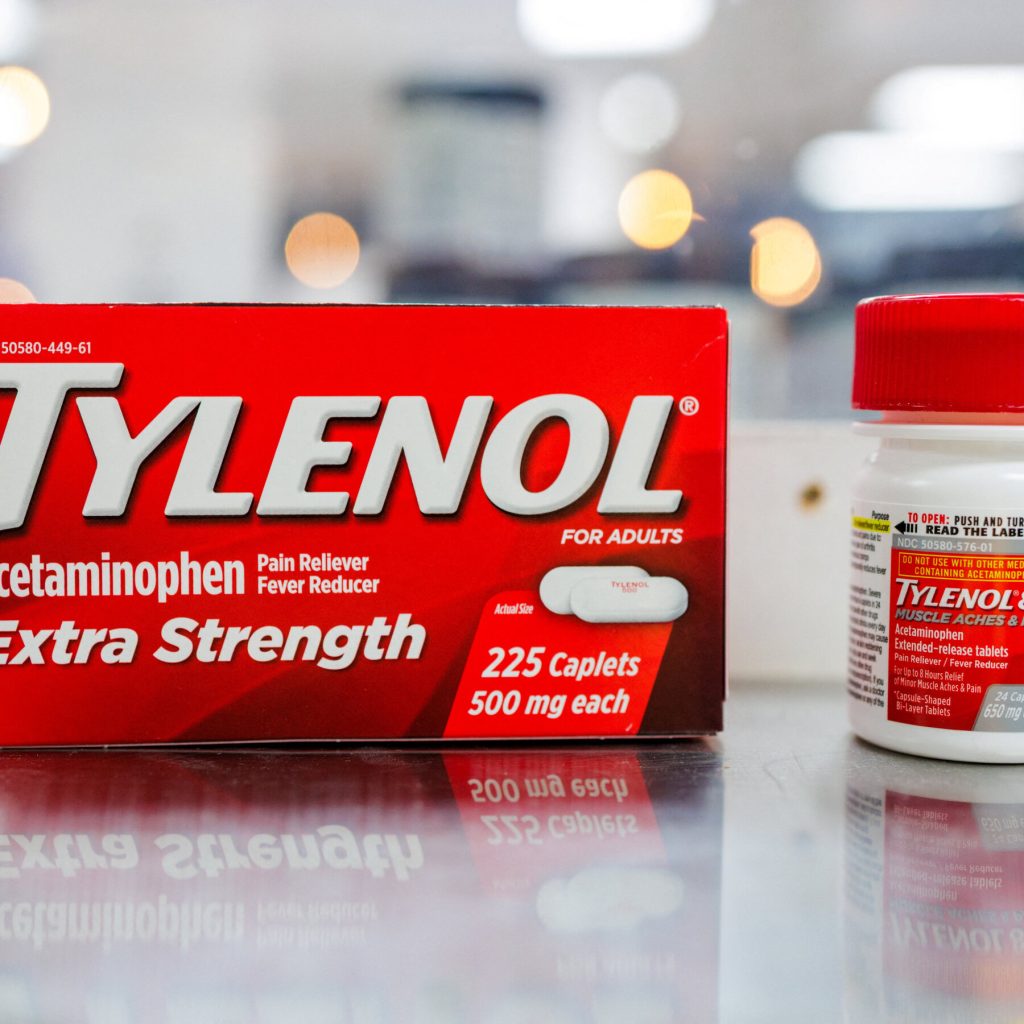China Lifts Some Export Controls on Critical Minerals While Keeping Others in Place

Beijing announced on Tuesday that it will suspend export restrictions on a select group of critical minerals, a step it says fulfills commitments made at a recent high‑level summit with U.S. officials. The move, however, stops short of the broader liberalisation the White House has been urging, as China retains tight controls over several other strategic materials.
The decision was revealed in a statement from the Ministry of Commerce, which said the suspension will apply to a limited set of products, including certain grades of lithium‑containing ores and a range of low‑purity rare‑earth concentrates that are widely used in battery manufacturing and other downstream applications. “We are aligning our trade policy with the spirit of the dialogue held at the summit, and we hope this will help stabilise global supply chains,” the ministry added.
At the same time, the Chinese government confirmed that it will continue to enforce export quotas and licensing requirements on a number of high‑value minerals that it deems essential to national security and industrial development. These retained controls cover high‑purity rare‑earth oxides, antimony, tungsten, and a few other materials that are critical for advanced electronics, aerospace components and defence technologies.
U.S. officials welcomed the partial rollback but noted that it falls short of the comprehensive reforms they have been seeking. In a press briefing, a White House spokesperson said the administration had asked Beijing to remove all export barriers on critical minerals and to increase transparency about production volumes and pricing. “We appreciate the steps taken, but we still need a full, predictable market for these essential inputs,” the spokesperson said.
Industry analysts say the selective easing could provide a modest boost to manufacturers that rely on lower‑grade materials, but the continued restrictions on high‑purity products may still constrain supply for high‑tech sectors. “China remains the world’s dominant source of many rare‑earth elements, and its policy choices will continue to shape global markets,” noted a senior analyst at a Shanghai‑based consultancy.
The move also reflects Beijing’s broader strategy of balancing its role as a key supplier in the global minerals market with domestic priorities, including securing raw material access for its own clean‑energy transition and maintaining leverage in geopolitical negotiations.
While the suspension of some export controls is a tangible outcome of the recent summit, observers expect further dialogue in the coming months as both Washington and Beijing work toward a more stable and transparent framework for the trade of critical minerals.



